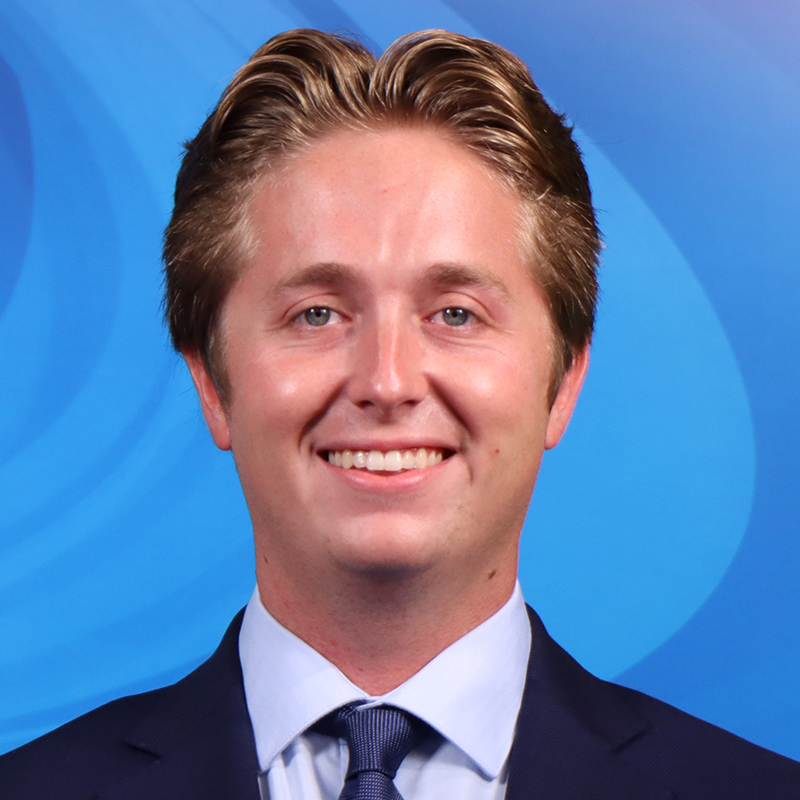Wausau Noon Rotary Club awards scholarships to area high school seniors
44th Annual Spring Classic Muskie Tournament in Eagle River
Wausau Jewish congregation ramps up security amid increase in antisemitism
Northwoods tourism thrived in 2023; part of a statewide trend
January 6 police officers visit Wausau as part of statewide tour
Gas leak disrupts services at Forest County Courthouse; building reopened at 4 p.m. Tuesday
The Rhinelander community remembers George Rouman
Former Wisconsin Governor visits Rhinelander to speak on being an Alzheimer’s caregiver
Northwoods Children’s Museum holds second Nature Education Program of the summer
Storms destroy multiple homes in Tomahawk area
Lake and river expert emphasizes water health ahead of Northwoods Six-County Lake meeting
35th annual Charlie Baker Memorial Muskie Tournament held on Moen Chain
What the EPA’s new PFAS standards mean for Wisconsin drinking water
Measles case reported in Wisconsin
Arbor Vitae Woodruff students pack meals for local food pantries for “Better World Day”
Republican senate candidate Eric Hovde visits Athens dairy farm
Dairy farmer speaks on impact of migrant workers
Tricia’s Treasures celebrates grand re-opening (video)
State senators hold press conference vowing to override recent vetoes
Holiday Acres in Rhinelander hosts Northwoods Jazz Camp
D.C. Everest Habitat for Humanity finishes up a special project
“Raise Your Voice” mental health program
Forest County students visit farm in Laona as culmination of in-school 4-H program
